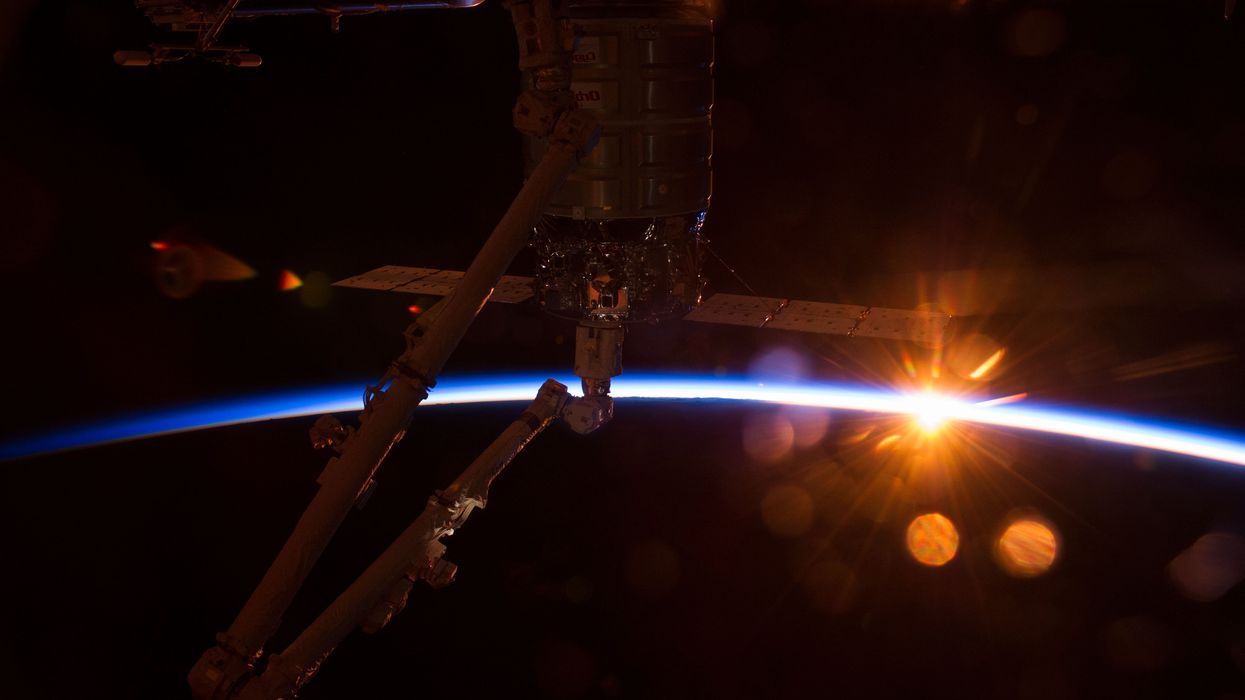NASA has announced intentions to open the International Space Station up to new commercial opportunities such as space tourism from 2020.
Up to two short-duration private astronaut missions per year to the space station will be available through privately funded, dedicated commercial spaceflights, the agency said.
Nasa will continue to carry out its own research in low-Earth orbit, but wants to work with private companies on testing new technologies, training astronauts and “strengthening the burgeoning space economy".
The move will allow private astronaut missions on the ISS for a maximum of 30 days, leaving from a US spacecraft.
Companies will be responsible for determining their crew and ensuring they are able to meet the agency's strict medical standards and training procedures.
William Gerstenmaier, Nasa's associate administrator for the human exploration and operations mission directorate, admitted that the decision was a huge shift for the agency, despite already allowing more than 50 companies to conduct some research and development on board.
“The private sector will have the opportunity to think creatively and create new markets," he said.
“Nasa's approach is designed to lower but not totally remove the risk for the private sector, entrepreneurs and companies.
“Nasa is allowing the private sector access to the ISS to enable the next-generation of lower-Earth orbit research facilities.
“Nasa realizes that we need help, we can't do this alone, we need everyone to help us moving forward.
“We're reaching out to the US private sector to see if we can push the economic frontier into space."
Last year, the ISS celebrated 20 years since being launched into orbit.
In November 1998 the first piece was sent into space but it remained unmanned until nearly two years later, when American astronaut William Shepherd along with Russian cosmonauts Sergei Krikalev and Yuri Gidzenko went on board on October 30 2000.
The ISS has been inhabited every day since and crew members carry out research they would not be able to do on Earth.
However, main construction was not completed until 2011, when the final module was installed, and it looks set to be decommissioned by 2028.
People are excited about NASA's most recent announcement.
Zetus Lapetus.














 The Office No GIF
The Office No GIF  Excited Well Done GIF
Excited Well Done GIF 

 Mad Desk Flip GIF by Eminem
Mad Desk Flip GIF by Eminem  Drunk Head First GIF by Barstool Sports
Drunk Head First GIF by Barstool Sports  oscar isaac smoking GIF
oscar isaac smoking GIF  Napoleon GIF by Sony Pictures
Napoleon GIF by Sony Pictures 
